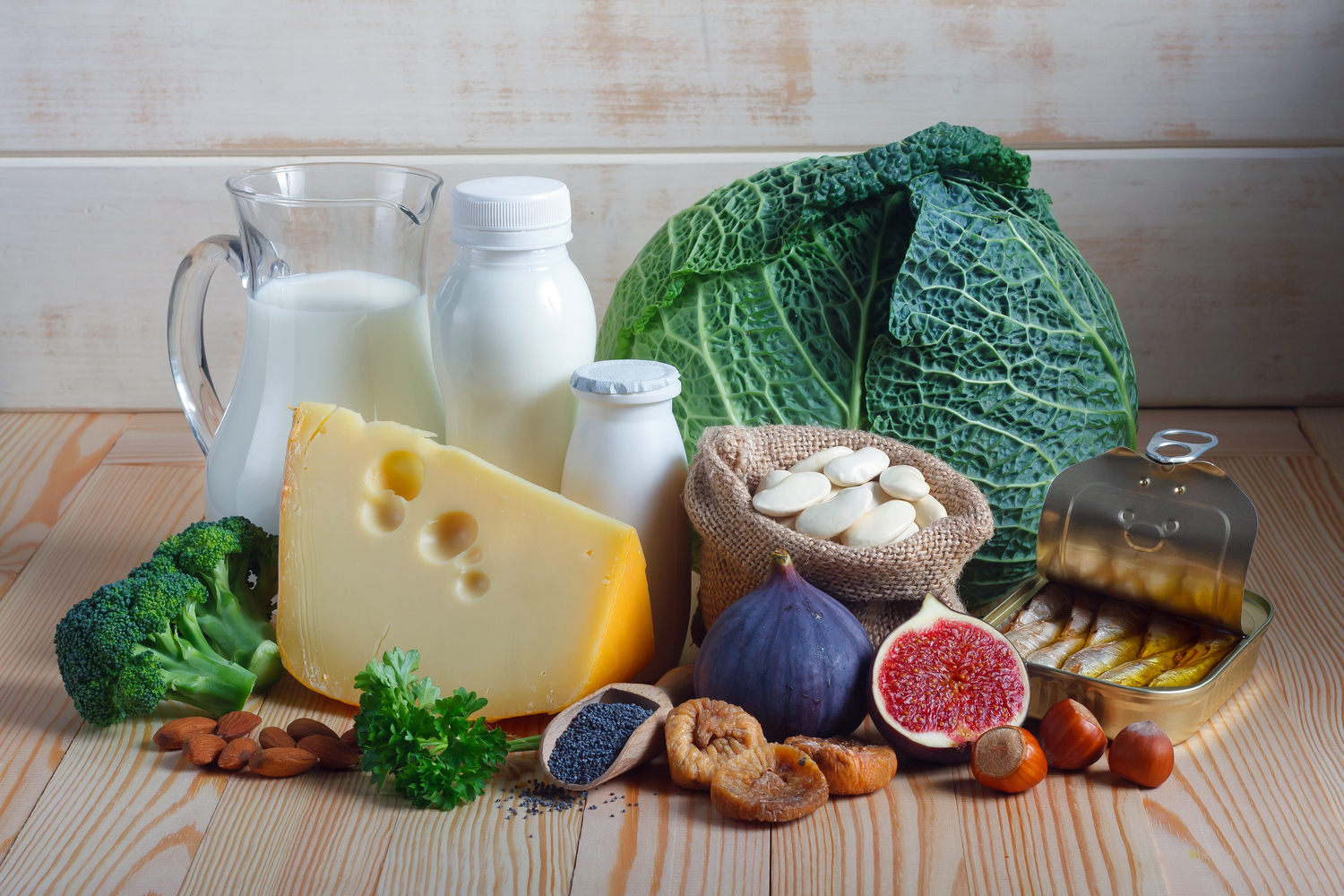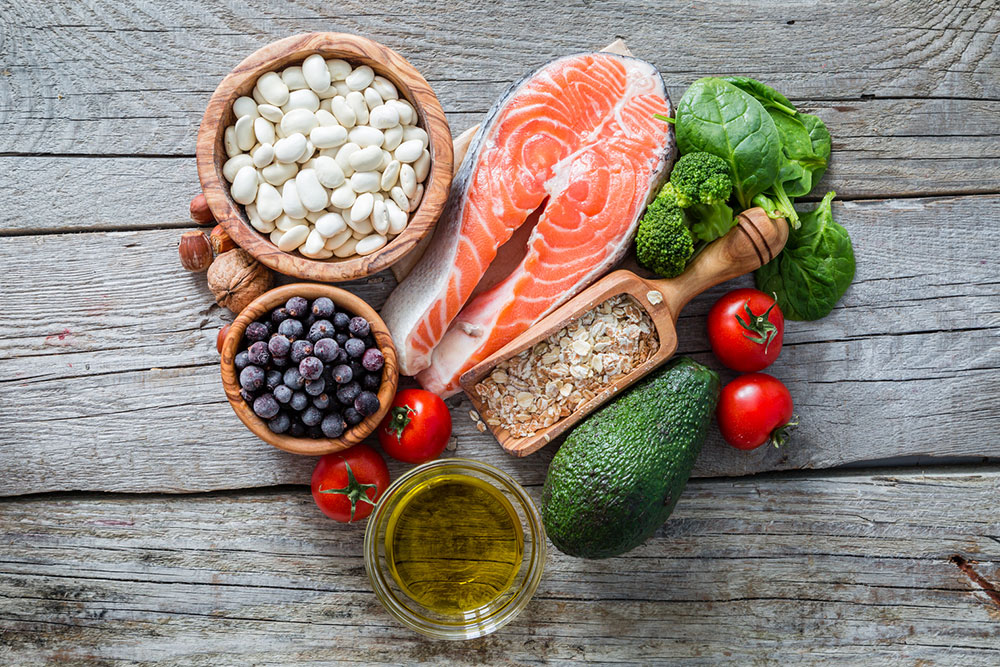Essential Vitamins for Enhancing Your Immune Defense
Discover the key vitamins essential for boosting your immune system. This guide highlights the importance of vitamins A, B6, B12, C, D, and E, along with dietary sources and tips for maintaining optimal immunity. Incorporate nutrient-rich foods into your daily routine for better health and disease prevention.
Sponsored

Your immune system, composed of blood, tissues, and lymphatic fluids, plays a vital role in protecting your health. Proper nutrition, alongside good hygiene, adequate sleep, regular exercise, and a healthy lifestyle, is crucial for strengthening immunity. Consuming a balanced diet rich in vitamins and minerals helps fortify your body's defenses, reducing susceptibility to illnesses.
The impact of nutrition on immunity
Eating habits directly influence immune health. Diets high in processed foods, saturated fats, salt, and sugars increase inflammation and chronic disease risk. Prioritizing plant-based foods like fruits, vegetables, nuts, and seeds supplies essential micronutrients needed for immune function. Whole grains, lean meats, and seafood further support immune resilience by supporting gut health and reducing inflammation. Vitamins A, C, D, and E are particularly vital for immune support as recent research highlights.
Vitamin A
Critical for vision, growth, reproductive health, and antioxidant activity, vitamin A supports immune cell functions. Deficiency can weaken immune responses, lowering interferon production that fights infections. Rich sources include leafy greens, dairy, eggs, fish, meat, and cheese. Supplementation may be recommended only in severe deficiencies, and incorporating vitamin A-rich foods into meals can boost immunity.
Vitamin B6 (Pyridoxine)
Essential for immune regulation and response to inflammation, vitamin B6 influences antibody production. Adults need about 2 mg daily, available in greens, grains, meats, fish, legumes, dairy, and eggs. Ensuring adequate intake supports immune cell activity and overall health.
Vitamin B12
Vital for red blood cell creation and oxygen delivery to tissues, vitamin B12 is naturally found in animal products such as dairy, eggs, fish, liver, and meat. Vegans may require supplements or injections under medical guidance to prevent deficiency that can impair immunity.
Vitamin C
As a potent antioxidant, vitamin C neutralizes free radicals, reducing cellular damage and inflammation. It supports immune cell function and helps prevent infections. Foods rich in vitamin C include oranges, lemons, kiwis, papaya, broccoli, tomatoes, and guava.
Vitamin D
This fat-soluble vitamin, produced by skin exposure to sunlight and found in foods like fortified products, fatty fish, liver, and eggs, regulates immune responses and reduces inflammation. Maintaining optimal levels through diet and sunlight is essential, but excess intake should be avoided.
Vitamin E
With antioxidant properties, vitamin E supports immune cells and reduces infection risks, especially in older adults. Sources include nuts, seeds, vegetable oils, avocados, mangoes, and leafy greens. Supplements are available but should be taken under medical supervision.
Besides vitamins, consuming foods rich in zinc and iron, staying physically active, sleeping at least six hours daily, and drinking eight glasses of water can further enhance immunity. Always seek medical advice before starting supplements and choose licensed products for safety.






